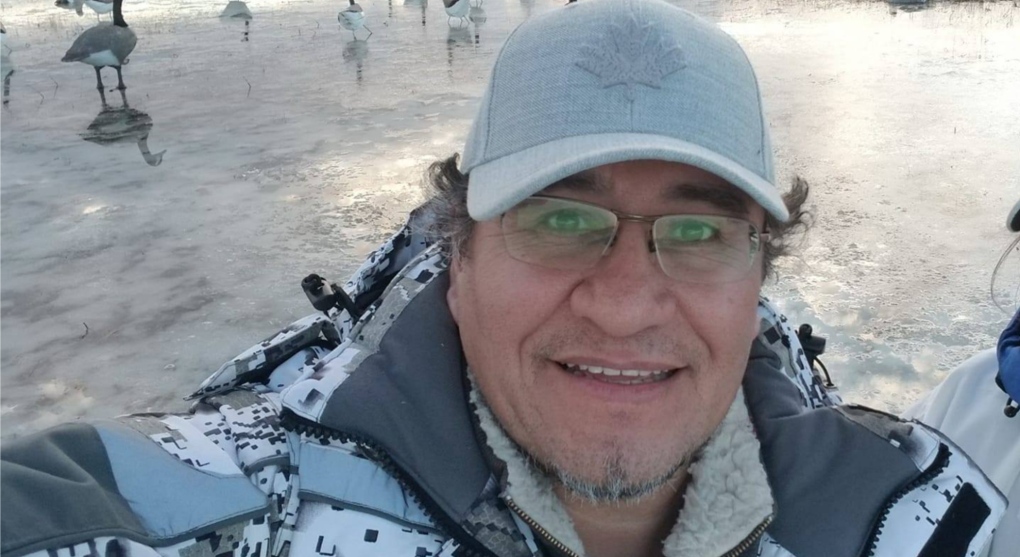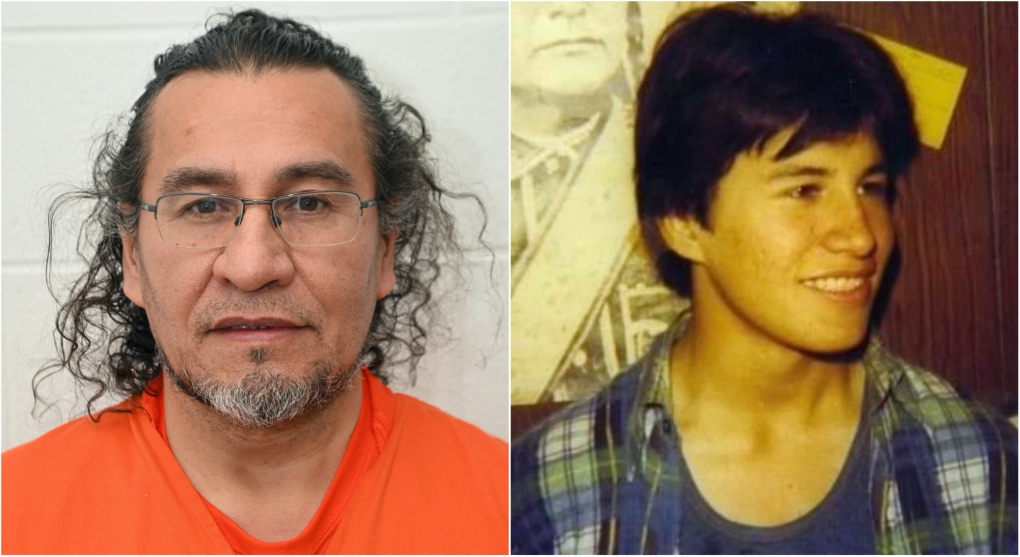Forensic company who helped police crack Gilmour, Tice cases reveals how they did it
The company that helped the Toronto police crack a decades-old cold case is revealing more details about how they identified a suspect in the grisly murders of two Toronto women in 1983.
Othram Inc., a Texas-based lab that leverages forensic genealogy to solve cold cases, was a crucial piece in helping investigators identify Joseph George Sutherland.
On Monday, Toronto police announced that they had arrested the 61-year-old in connection with the murders of two Toronto women in 1983, Erin Gilmour and Susan Tice.
Othram’s Chief Development Officer, Kristen Mittleman, told CTV News Toronto that Toronto police handed their team a piece of evidence after the force exhausted standard forensic testing and found no matches.
“Our DNA testing is something that no one else on earth can do right now the way that we do it here at Othram. We are the first lab that's purpose-built to take this type of evidence and use it for this really advanced forensic genome sequencing process,” Mittleman said.
It’s Othram’s job to then determine if the DNA picked up from the evidence is sufficient to sequence, she said.
“I believe that this [DNA sample] was a sperm fraction,” Mittleman said, noting that their team discovered a “mixture” of DNA samples from the “perpetrator and victim” in this particular cold case.
 An image of Joseph George Sutherland. (Facebook/Joseph G. Sutherland)In the “exact same manner” Mittleman said they worked with the Toronto police to uncover the man responsible for the murder of nine-year-old Christine Jessop who was sexually assaulted and killed more than 35 years ago.
An image of Joseph George Sutherland. (Facebook/Joseph G. Sutherland)In the “exact same manner” Mittleman said they worked with the Toronto police to uncover the man responsible for the murder of nine-year-old Christine Jessop who was sexually assaulted and killed more than 35 years ago.
Though Othram did not work on the infamous Golden State Killer case involving the former California police officer who raped and murdered dozens of victims in the 1970s and 80s, Mittleman said the same technology was used.
She said the key difference between the Sutherland and the Golden State Killer case was that the latter had “multiple victims and a ton of DNA,” whereas the Toronto cold case had a “very small” and “intractable” sample.
Once Othram processed the DNA, they gave it to a genealogist at the Toronto Police Service who uploaded it to a genealogical database to cross reference with genetic information of the suspect’s relatives and eventually zero in on Sutherland.
“They were able to take all those matches and work back through the genealogical tree until they came to the identity of the perpetrator,” Mittleman said.
 Joseph George Sutherland, 61, of Moosonee, was arrested on Thursday. (Supplied)“They use our result as an investigative lead to go investigate the case, figure out if that person was someone that could have been in the area at the time, fit the description of what happened, and then they do standard forensic testing again, to confirm the result.”
Joseph George Sutherland, 61, of Moosonee, was arrested on Thursday. (Supplied)“They use our result as an investigative lead to go investigate the case, figure out if that person was someone that could have been in the area at the time, fit the description of what happened, and then they do standard forensic testing again, to confirm the result.”
When Othram launched, Mittleman said they were solving multiple cold cases over the course of a year. But now, she said they are working on multiple cases a week with the hope of that eventually surging to multiple cases an hour.
“I think that cold cases will be extinct within the next decade,” she said.
“People won't have to wait decades to find out what happened to their loved one. I really do believe that perpetrators are going to start getting caught the first time they commit a crime, rather than having to wait till the second, third, fourth, or whenever they get caught. I also believe that that's going to start becoming a deterrent for crime.”
CTVNews.ca Top Stories

Freeland to present 2024 federal budget, promising billions in new spending
Canadians will learn Tuesday the entirety of the federal Liberal government's new spending plans, and how they intend to pay for them, when Deputy Prime Minister and Finance Minister Chrystia Freeland tables the 2024 federal budget.
Ontario woman charged almost $7,000 for 20-minute taxi ride abroad
An Ontario woman was shocked to find she’d been charged nearly $7,000 after unknowingly using an unauthorized taxi company while on vacation in January.
Worker seriously injured after fall at Montreal Olympic Stadium
A man is fighting for his life after falling about 30 feet in an air duct at Montreal's Olympic Stadium on Monday, authorities say.
Tim Hortons launches pizza nationally to 'stretch the brand' to afternoon, night
Tim Hortons is launching flatbread pizzas nationally in a bid to pick up more afternoon and evening customers.
Despite weather glitch, the Paris Olympics flame is lit at the Greek cradle of ancient games
The flame that is to burn at the Paris Olympics was kindled Tuesday at the site of the ancient games in southern Greece.
NASA confirms mystery object that crashed through roof of Florida home came from space station
NASA confirmed Monday that a mystery object that crashed through the roof of a Florida home last month was a chunk of space junk from equipment discarded at the International Space Station.
A look inside the gutted 24 Sussex Drive
The National Capital Commission is providing a glimpse inside the gutted 24 Sussex Drive, more than a year after the heritage building along the Ottawa River was closed.
Hazard ahead: Are cuts at Tesla a warning sign for the EV market in Canada?
Tesla has hit a series of roadblocks, including increased competition and declining sales. The company announced Monday it is slashing 10 per cent of its global workforce.
Fire rages through the 17th-century Old Stock Exchange in Copenhagen, toppling the iconic spire
A fire raged through one of Copenhagen's oldest buildings on Tuesday, causing the collapse of the iconic spire from the 17th-century Old Stock Exchange as passersby rushed to help emergency services save priceless paintings and other valuables.





























